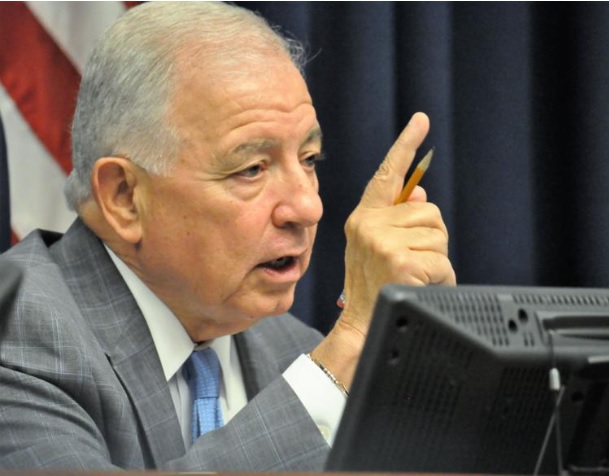The Louisiana Senate Revenue and Fiscal Affairs committee approved legislation to give the gaming industry an $83 million tax break over five years after the major hit it took from the COVID-19 shutdown.
Senate Bill 5 would allow each casino to give customers $5 million in free promotional play wagers without having to pay state taxes on those amounts. Anything above $5 million would be taxed at the normal rate, 21.5 percent.
The tax break would cost the state $11.2 million in revenues in the next fiscal year, starting July 1.

A promotional play wager is a marketing tactic used by casinos and race tracks nationwide by which the casino sends a potential customer a voucher for a set amount of money to encourage that potential customer to come to the casino. Ultimately, customers gamble from their wallets and make ancillary purchases from on-site bars and restaurants.
State Police reports that promotional play wagers accounted for approximately $251 million or about 10% of gaming operator revenue in 2019.
Republican state Sen. Ronnie Johns, who has three casinos in his Lake Charles district, said he brought the latest bill because of the large impact that the gaming industry has on Louisiana’s economy and workforce.
Sen. Karen Carter Peterson, D-New Orleans, opened up about the huge impact the gaming industry has had on her own life, speaking up about her recovery from a gambling addiction and the silent costs of expanding the industry.
“I can take care of myself, but there are so many people, because of poverty, that can’t afford to take care of themselves,” Peterson said.
Peterson ended by urging her fellow members to consider ways to support addicts who can’t afford to get help every time they support the gaming industry by finding ways to “offer just a little bit more to people who can’t help themselves as this disease has major implications for so many families, including mine.”
“The casino industry, whether we like it, don’t like it, whatever, has been here for many many years,” Johns said. “It was voted on by the people in the locales that it’s located in.”.
Johns also pointed out the huge blow that the pandemic has taken on the industry and, therefore, the state’s economy.
Gaming revenue is down by $122 million from a year ago as of May 17.
“They’re on their heels right now from COVID,” he said, adding that “this is one tool that we can give them.”
Sen. Jay Luneau, D-Alexandria, said that although he is typically “not a real big fan of all of these tax breaks,” he thought “this is one that legitimately works.”
SB5 now heads to the full Senate for consideration. If approved by the Senate, the measure then would have to clear the House's review and vote in two weeks before the special session adjourns.

















